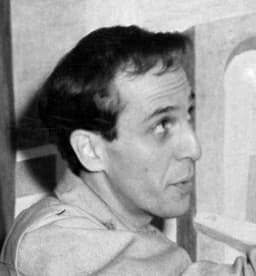
Philip Guston
@philip-guston
Philip Guston: A Canadian Master of Abstract Expression
Philip Guston stands as one of the most significant and controversial figures in twentieth-century art. Born in 1913 in Montreal, Canada, Guston emigrated to the United States where he would fundamentally reshape modern painting. Over his remarkable 67-year career, he transitioned between artistic movements with fearless conviction, earning respect and criticism in equal measure until his death in 1980.
Guston first gained prominence as an Abstract Expressionist during the 1950s, creating luminous, gestural compositions that emphasized color and emotional intensity. His delicate, floating abstractions captivated audiences with their ethereal quality and painterly sophistication. However, Guston refused to remain confined within any single style. By the late 1960s, he dramatically shifted toward Neo-Expressionism, abandoning pure abstraction for figurative imagery drawn in thick, cartoonish lines. Works like "Painting, Smoking, Eating" shocked the art world with their crude representation of mundane and grotesque subjects, yet revealed profound psychological depth and social commentary.
This radical transformation established Guston as an artist of uncompromising integrity. His bold rejection of critical expectations demonstrated that artistic evolution demanded courage and authenticity. He drew inspiration from popular culture, childhood memories, and political anxieties, creating a visual language uniquely his own. His crude yet expressive style influenced generations of contemporary artists who valued honest emotion over technical perfection.
Guston's legacy extends far beyond his innovative paintings. He pioneered a path between abstraction and figuration that countless artists have since explored. Today, retrospectives consistently rank him among the most important American artists of the postwar era. His willingness to reinvent himself and challenge both viewers and critics cemented his position as a visionary who expanded the possibilities of artistic expression for future generations.